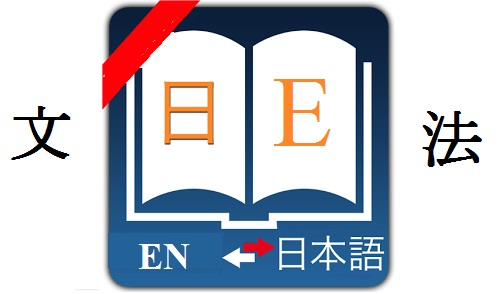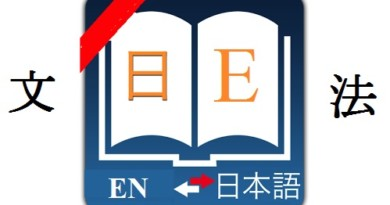Japanese いっさい grammar issai
Let’s learn Japanese いっさい grammar issai :
Formation :
いっさいない
いっさいVない
Meaning and how to use :
Describe negative meaning “absolutely not…/ never…”
Example:
彼はこのことをいっさい注意しない。
Kare ha kono koto wo issai chuuishinai.
He doesn’t care about this at all.
先生の言ったことをいっさい分からない。
Sensei no itta koto wo issai wakaranai.
I absolutely don’t understand a word the teacher said.
このパーティーでいっさい食べない。
Kono pa-ti- de issai tabenai.
I eat absolutely nothing at this party.
飲み会に行くのにいっさいお酒を飲まない。
Nomikai ni ikunoni issai osake wo nomanai.
Although I go to a drinking party, I drink nothing at all.
大変な場合が起こったのに彼はいっさい慌てない。
Taihen na baai ga okotta noni kare ha issai awadatenai.
Although there was a hard situation, he doesn’t panic at all.
Note: This structure is similar to「まったく…ない」、「ぜんぜん…ない」
Written above is Japanese いっさい grammar issai. In case you don’t understand the signs that we used in the formation part, you can find out their meanings here : signs used in Japanese grammar structures.
You can search for the structure you want to know by using the search tool on our website (using key phrase: grammar + ‘structure name’ or you can find more about other Japanese grammar structures in the following category : Japanese grammar dictionary
